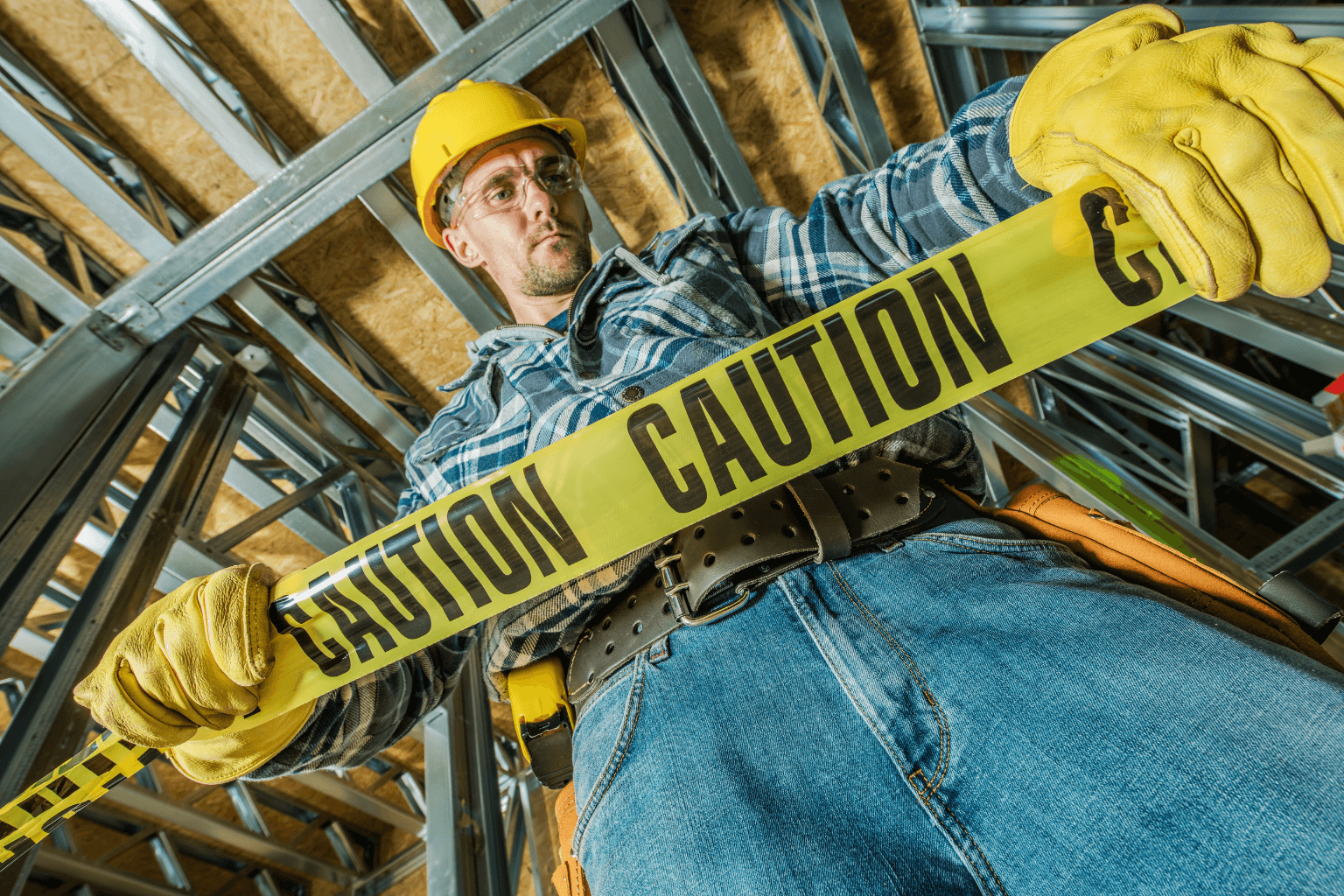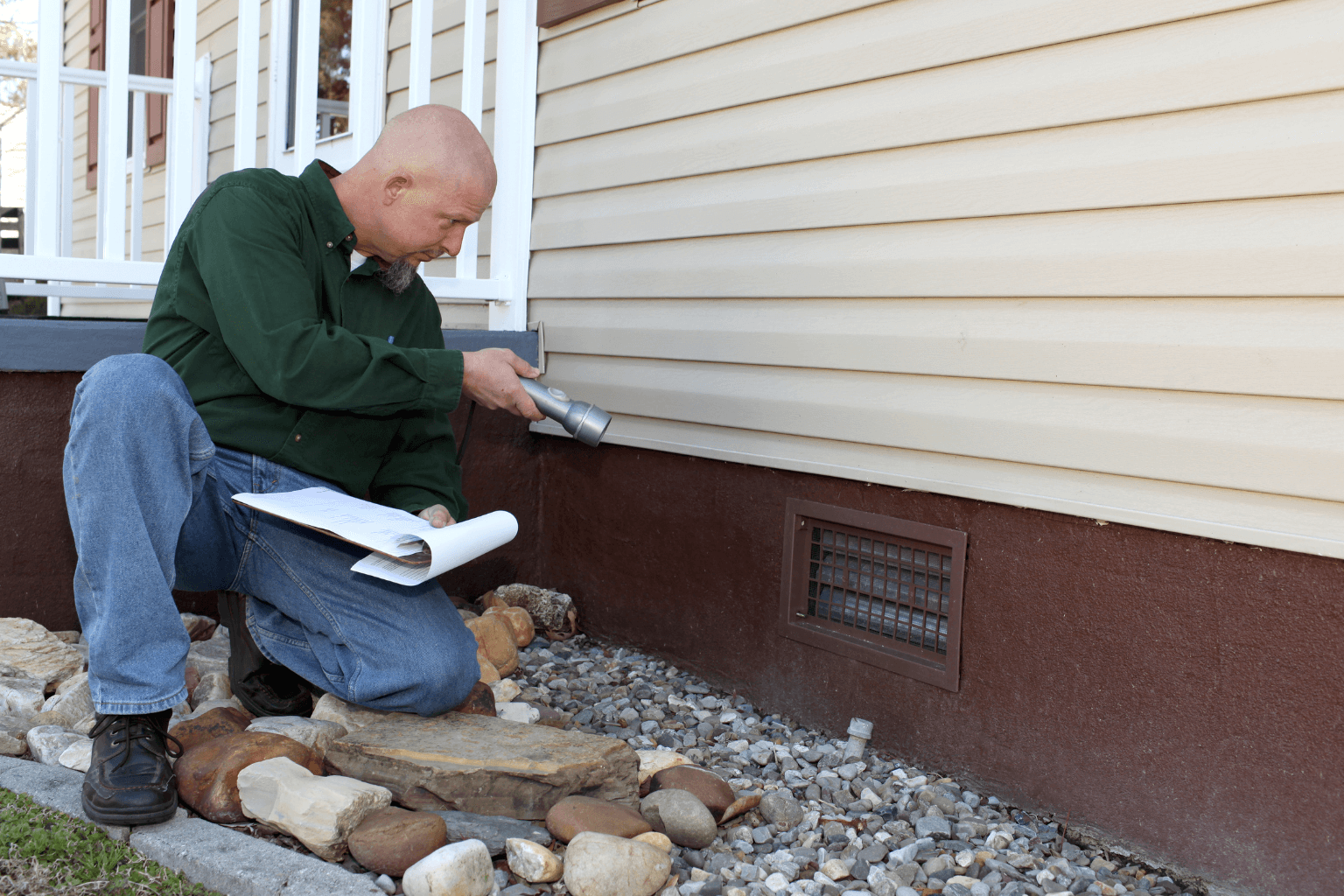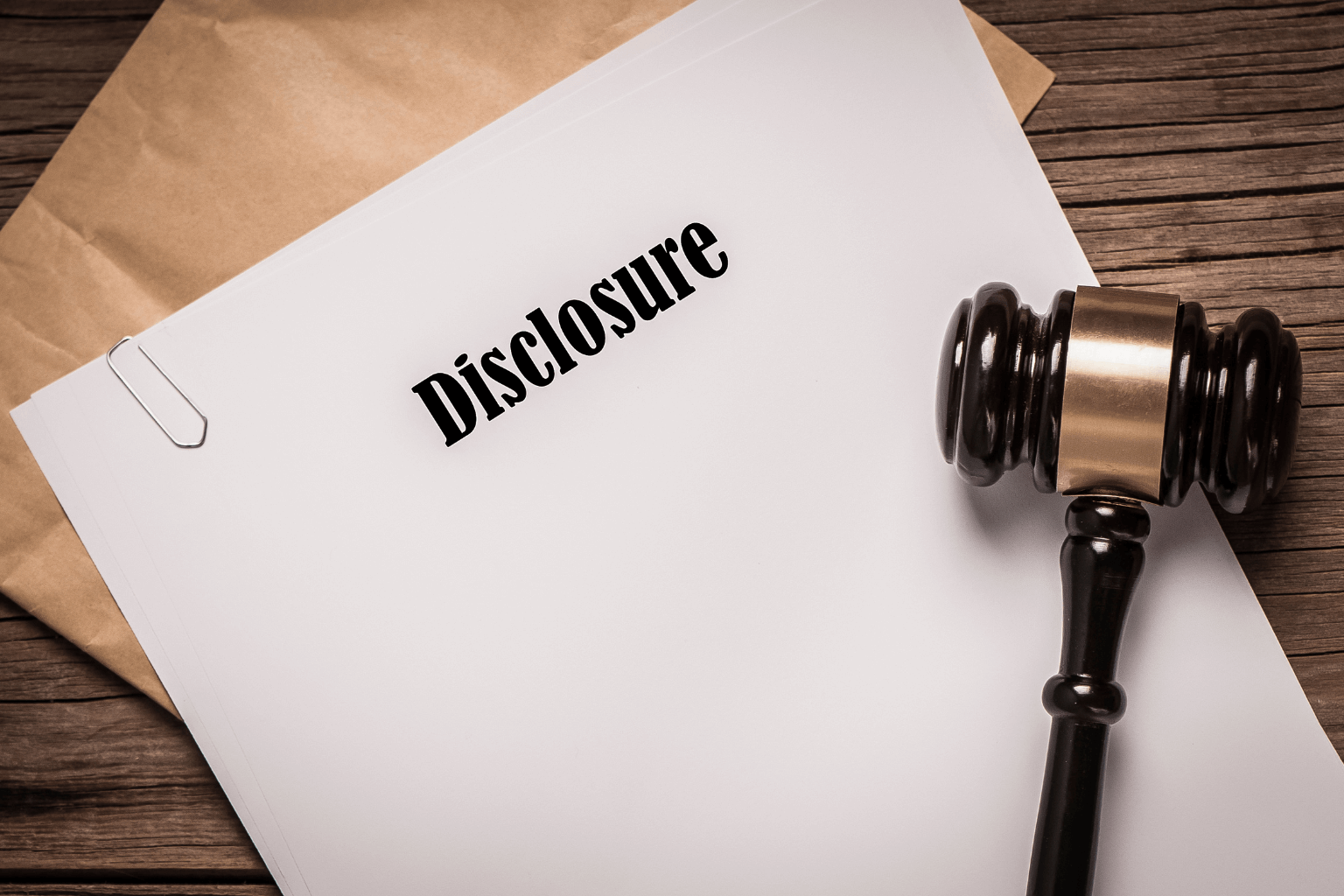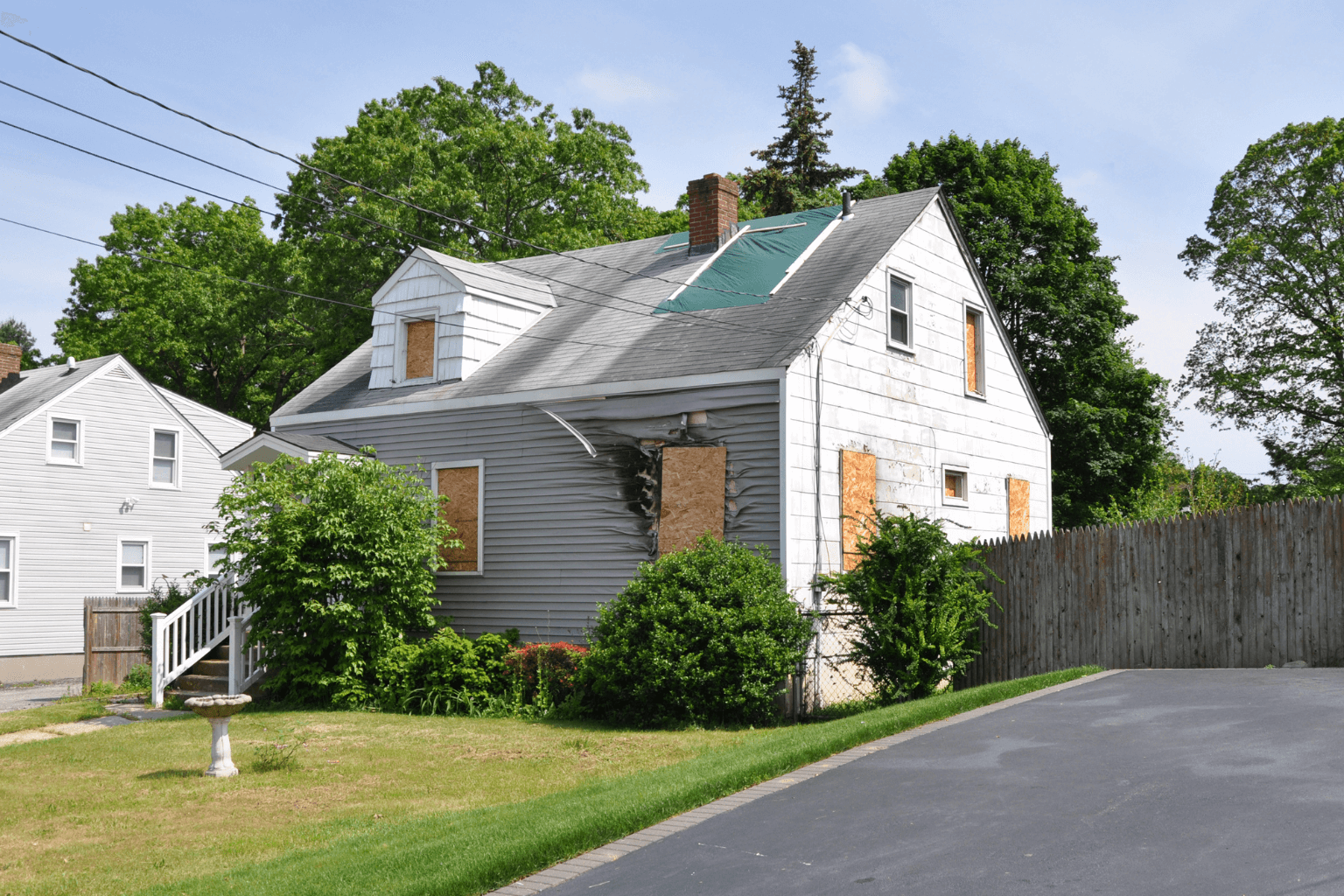Selling a Condemned Home: What California Homeowners Should Know
Selling a condemned house in California may sound overwhelming, but it's absolutely doable with the right knowledge and strategy. Whether you're facing structural damage or legal challenges, understanding the process is key. This guide explains how to sell a condemned house in California by covering your legal duties, sale options, and marketing tactics to attract buyers or investors.
Key Takeaways
- Conduct a full inspection and disclose the property's condition to meet California laws.
- Consider selling "as-is" to real estate investors for a faster sale.
- Use marketing strategies that highlight repair potential to draw interest.
- List the property on top real estate sites with clear photos and honest descriptions.
- Communicate clearly during the closing to avoid surprises and delays.
Understanding What Makes a House Condemned

A condemned house is labeled uninhabitable by local authorities due to safety violations or health risks like structural issues, mold, or unsafe wiring. Once declared condemned, owners must fix these problems or face restrictions.
The Condemnation Process
Local inspectors may visit the property and issue a condemnation notice. This process is triggered by:
- Severe structural damage
- Mold, lead, or asbestos presence
- Fire or water damage
- Code violations
Need help understanding your rights after receiving a notice? Check out this YouTube video explaining condemnation notices and your rights.
Being informed about this process helps you understand your rights and responsibilities as a homeowner.
Assessing the Condition of Your Property
Before you sell a condemned house in California, it’s critical to assess its condition. This gives you a realistic view of the sale potential.
Property Inspection Essentials

Here’s what to check during the inspection:
Area | Why It Matters | What to Look For |
Foundation, walls, roof | Safety | Cracks, sagging, leaks |
Electrical system | Code compliance | Outdated wiring, exposed outlets |
Plumbing | Health & functionality | Leaks, blockages |
Hazards | Legal & safety | Mold, pests, asbestos |
Spotting Major Structural Issues
Look for signs like sloped floors, damaged roofing, or foundation cracks. These may affect the resale value and buyer interest.
Check for Hazardous Materials
Asbestos, lead paint, and mold can trigger legal issues if not disclosed.
According to the U.S. Environmental Protection Agency (EPA), asbestos exposure can lead to serious health risks, making it essential to identify and disclose its presence in older properties.
Hire a professional to evaluate the risk and create a plan for remediation or full disclosure.
Legal Implications of Selling a Condemned House

In California, real estate law requires sellers to disclose all known issues, especially when selling a condemned property. Failure to do so may result in lawsuits or canceled sales.
Must-Read Alert: While you're here, you might want to check out Selling Inherited Property in California. It’s gaining serious traction and can offer more insight into selling distressed assets.
Seller Responsibilities
- Disclose structural and environmental issues.
- Provide copies of condemnation notices.
- Make buyers aware of any repair estimates or quotes received.
Buyer Due Diligence
Buyers will usually request their own inspections and may negotiate based on what they find. Transparency ensures trust and smoother negotiations.
Your Options for Selling a Condemned House in California
Despite the condition, you have several options to sell your property:
1. Sell As-Is
This is the fastest method. Many real estate investors specialize in buying condemned houses without requiring repairs.
2. Property Auctions
Selling through an auction can lead to competitive bidding but often results in lower-than-market offers.
3. Lease with Option to Buy
Allowing a tenant to rent the home with a future purchase option may give you more flexibility—but can take longer.
Working With Real Estate Investors

One of the most effective strategies is to sell directly to a real estate investor.
Benefits of Selling to Investors
- Fast closings: Some offer cash within days.
- No repairs needed: Sell it exactly as it is.
- Flexible terms: Investors can work around unique situations like liens or code violations.
If your property is in a specific area like Benicia, CA, local investor interest may be high due to redevelopment opportunities.
Preparing the Paperwork and Legal Documents
You’ll need key documents before listing or negotiating:
- Seller disclosure form
- Previous inspection reports
- Condemnation notice from local authorities
- Property tax records and permits
Being organized builds buyer trust and speeds up the closing.
Marketing Tips to Sell a Condemned House in California

Even if your house is in poor shape, the right marketing strategy can attract attention.
And if you're dealing with more than just disrepair—say, a hoarder situation—this guide to selling a hoarder house in California may be exactly what you need.
Emphasize Renovation Potential
Include:
- Before-and-after renovation examples
- Cost estimates for upgrades
- Local comps of similar "fixer-uppers" that sold well
Use Online Real Estate Platforms
Post the property on:
- Zillow
- Realtor.com
- Craigslist
- Facebook Marketplace
Include:
- Clear, honest photos
- Detailed property descriptions
- Keyword-rich phrases like “great investor opportunity” or “needs TLC”
Network With Local Investors
Join local real estate groups and forums to share listings and attract cash buyers.
Navigating the Closing Process

Closing a sale on a condemned house comes with added legal and financial steps. Make sure:
- All disclosures are submitted
- The buyer understands the condition
- Any price adjustments are agreed upon in writing
Working with an experienced real estate attorney or agent can help you avoid delays or disputes.
Tips for a Smooth Transaction
- Be transparent about the property’s condition.
- Set realistic price expectations.
- Stay organized with documentation.
- Respond quickly to buyer inquiries and offers.
- Hire professionals familiar with distressed property sales.
Conclusion
While it may seem difficult, it’s entirely possible to sell a condemned house in California with the right preparation. Focus on legal compliance, accurate property assessment, and strategic marketing. Whether you choose to work with investors or list online, a well-informed approach can lead to a successful, stress-free sale.





